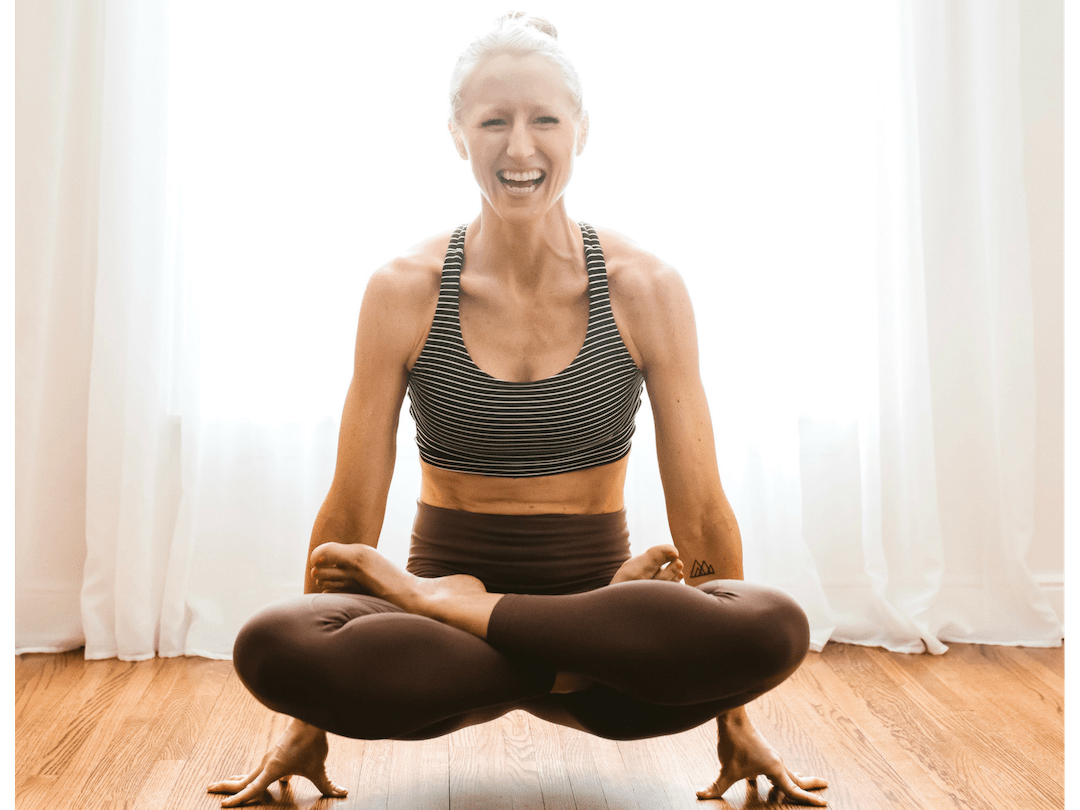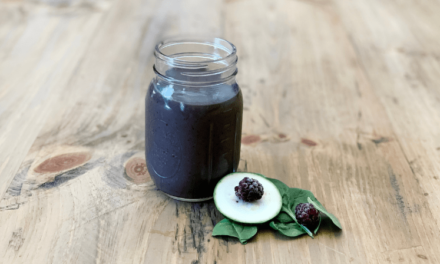Happiness starts with you.
There really is no other way.
And I will say, to be the person with the happiness “glow” about them, the biggest part to be that person is to do meaningful work for yourself in order to let go of excess baggage that might be weighing you down.
In part of one of How To Live More Mindfully – Your Introduction To A Happier You, we reviewed the 5 Yama’s, or your observances toward others in your life. They guide us to how to put our best foot forward in the world through how we think, talk, and act.
The Yama’s
- Ahimsa – Non-violence or acting from a place or love
- Satya – Truthfulness
- Asteya -non-stealing or trust that what you have is enough
- Brahmacharya – Moderation
- Aparigraha -Non-Hoarding or living light
How we treat others and ourselves is a great reflection on our character. And thus, ultimately a reflection of our lives.
But there is more work to do beyond the Yama’s, and it continues on into the Niyama’s, or our observances toward ourselves. In the 8-limbed path, outlined in the Yoga Sutra’s by a wise man named Patanjali, he shows us how to discipline our mind and our lifestyle to peel back the layers to who we truly are.
It’s deep stuff, but oh-so-good.

The Niyama’s
Similar to the Yama’s, there are 5 Niyama’s that focus on our own internal work that we must do to live a more mindful and purpose driven life. When practiced, you can expect to know who you are, what you’re capable of, and live in complete happiness with everything that you already have.
Saucha (Cleanliness or Purification)
The old saying, “garbage in and garbage out” speaks true to how we take care of our bodies, what kind of thoughts we have, and also the physical space we live in. Saucha, or cleanliness or purification, touches on all three of these area’s for us to literally, “clean up our act” to feel lighter and more joyful.
The physical practice of yoga strengthens our bodies, getting rid of the icky stuff that can be built up in our system. Yoga can stimulate the blood flow and increase oxygen in our bodies to help everything in our internal system run clean and smooth. Anytime you move your body to take care of it, is part of Saucha.
I would argue one of the most meaningful parts of Saucha that are so important are our thoughts and the words we speak. Negativity only promotes more negativity, whether that is to ourselves or others. And what is difficult is that we are fed untruthful idea’s daily, leading us to believe false realities about ourselves. By cleaning out the crap that is fed to us, that can leave our mind crystal clear for smart decision making, free of unwanted distractions and stress, and positions us to take ourselves to the next level in our life. Get rid of the unwanted crap!
Of course, one of the most literal translations of Saucha refers to keeping a clean space around you. Clean your yoga mat, tidy up your house and maintain a pure space for you to ultimately perform at your best. Read more on how to take care of easy Saucha inspired ideas here.
Santosha (Contentment)
Of all the happiness tips the Yama’s and Niyama’s teach us, Santosha, or complete contentment will take you there 100%. Imagine that you loved your home exactly how it is now. Imagine you loved your body exactly the way it is now. Imagine you felt like everything is exactly how it should be in life right now.
Cue the butterflies and rainbows!
Santosha does all of that for you. It teaches us to fully accept and be joyful with everything that is right in this very moment. By living in the present moment, letting go of judgment and accepting peace into your life. There really are no more worries to be had.
This one takes practice.
With whatever you wish in your life was different, your home, your body, or perhaps how long you can hold your headstand, give gratitude to what you have now. Acknowledge that you have a shelter over your head, you have a working body to take you from point A to B, you are able to unroll your yoga mat and practice. How wonderful are all of those things?
Pretty flippin’ fantastic!
Celebrate what you have and what you have accomplished in life. Let go of the past, it’s done.
You are enough.

Tapas (Self-Discipline)
We call it a “yoga practice” for a very good reason because every day we practice it. This may be hard for some over-achievers to hear, but there is no perfect yoga practice. And that is because we are constantly changing as people and the world around us is always changing.
Tapas literally translates to meaning “heat.” By this, tapas creates heat and determination through your commitment to your yoga practice to be the best possible version of you. This may mean going for that long run, even when you don’t want to, to keep up with your marathon training. Or to keep trying to nail that arm balance in yoga until it finally clicks in your body and your feet are flying.
Tapas has pushed me beyond what I thought were my boundaries. By being truthful (Satya) of my intentions and what I knew I could do, I invited tapas to hold me accountable to take the steps I wanted to change my life and live a life that felt authentic to me.
Put your head down and do the work. It’s always worth it in the end.
Svadhyaya (Self-Study)
In 1597, Sir Frances Bacon famously stated, “Knowledge is power.” And he’s right. The more information you know, the better decisions you can make for your life. Svadhyaya is the practice of studying sacred texts and also the study of ourselves.
Patanjali included Svadhyaya in the Niyama’s to guide us to always be a student. To constantly seek new information and grow. We can obtain valuable information from others, but we know ourselves better than anyone. And it is worth our time to study our thoughts, words, and actions to make sense of what’s working and what’s not.
Often you will see yogi’s journal as part of their self-study. Other’s may have another method. But the process involves digging deep in the mind, identifying what you need to do more of or less of in your life that will steer you toward where you want to go.
Ishvara Pranidhana (Self- Surrender)
Think twice before concluding that surrendering is an act of giving up. It couldn’t be further from the truth. To have the courage and strength to let go of something you may be micro-managing is powerful. Ishvara Pranidhana is the act of letting go to a higher power. Call it the universe, God, Spirit, Buddha, One-ness, whatever it is you feel is a force greater than all of us, that is your higher power.
Much like the first 4 Niyama’s, Ishvara Pranidhana is about releasing something to make room for growth and change. There are some things in life you just have to have trust, especially if what you are stressed over is out of your control.
Let go. Trust it will be ok.

To Live the Niyama’s
- Live clean in pure with your personal space, your body, and your mind.
- Be completely at peace with where you are today. You are enough.
- Have the discipline to commit to whatever practice makes you, you.
- Reflect and learn with what is going on with yourself, and where you want to go.
- Let go and trust.
This is simply an introduction to the Niyama’s. I promise, once you start digging in and doing this work, a lot will come up and it is your opportunity to let something go.
Try one, two, or all five of the Niyama’s on in your life. See what happens. One may click more than the others, and that’s ok (and totally normal).
Happiness starts with you. Not from someone or something else
Together the Yama’s and Niyama’s guide us to be that happy person we all adore. The person in our lives that naturally has a “light” about them. So ask yourself, do they light up perhaps because they don’t have much weighing them down?
The happiness “glow” is attainable. You just have to do the work.












